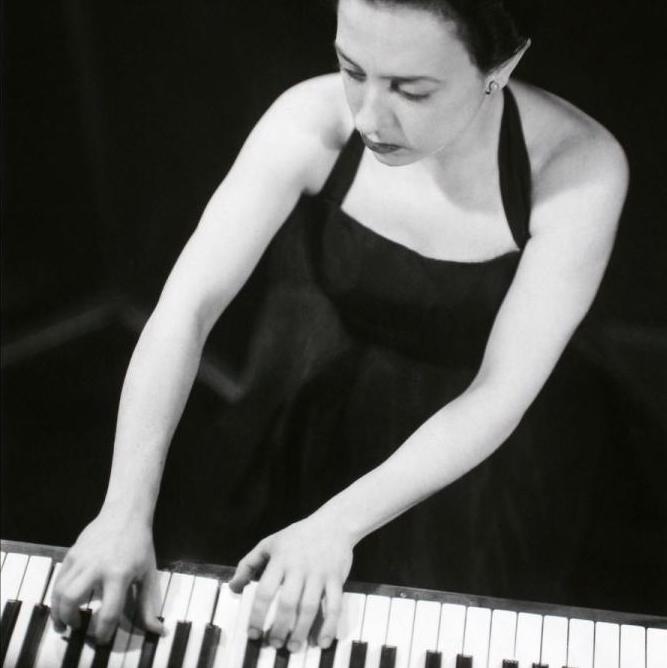Alicia de Larrocha
Pure humanity and sensitivity
Top Classical, June 2021
September 25th 2019, was the tenth anniversary of the death of the great pianist, one of the most admired and recognized of the twentieth century. The artist Alicia de Larrocha has been one of the most exalted figures of piano performance of the twentieth century. With an extensive and fruitful career, which led her to travel the world, the Catalan pianist has been a model in terms of refinement and interpretive honesty.
Born in Barcelona in 1923 Alicia de Larrocha gave her first recital at the age of six and she made his orchestral debut in 1934, when he was eleven, at the Palau de la Música, playing Mozart.
During the three years of the Spanish Civil War, She took advantage of the time break on her career to study new works and to compose some pieces. According to her disciple Marta Zabaleta, Alicia de Larrocha began composing at the age of six and continued to compose throughout her life: “We are amused by how well done her works are. Hadn’t she been as successful as a pianist, she might have make it as a composer. We’d never know. ”
In 1953 Alicia made her debut in London and two years later jumped to the United States, where her career continued uninterrupted until the end. At the age of eighty she decided to make one last farewell tour to say goodbye to her audience. However, she carried on playing until her death, at the age of eighty-six. The distinctions and awards received throughout her long career were innumerable, but she always believed them undeserved and thanked them full of humility. She was awarded the Gold Medal for Merit in Fine Arts (Madrid, 1982), the Fundación Guerrero de Música Española prize (Madrid, 1999) and UNESCO (Paris, 1995) among many other distinctions.

Her repertoire was extensive, not only Spanish, but also Central European: Schumann, Mozart, Beethoven and the Impressionists Ravel, Debussy, Fauré… But it has her interpretation of Albéniz’s Iberian Suite, was made her an internationally recognized pianist. She gave to the piece a fully new dimension, although she always had small hands for a score that required a remarkable extension of the fingers. Sitting at the grand piano she looked like a lost girl, but as soon as she started playing, she transformed herself in the extraordinarily mature artist who was never allowed the slightest concession.
Her interpretation was something natural, as if she was touched by the gift of grace to bring scores to life in the most exquisite and refined way.
Alicia de Larrocha was born to play the piano and beautify the world with her music, leaving an extraordinary legacy for the history of music.
